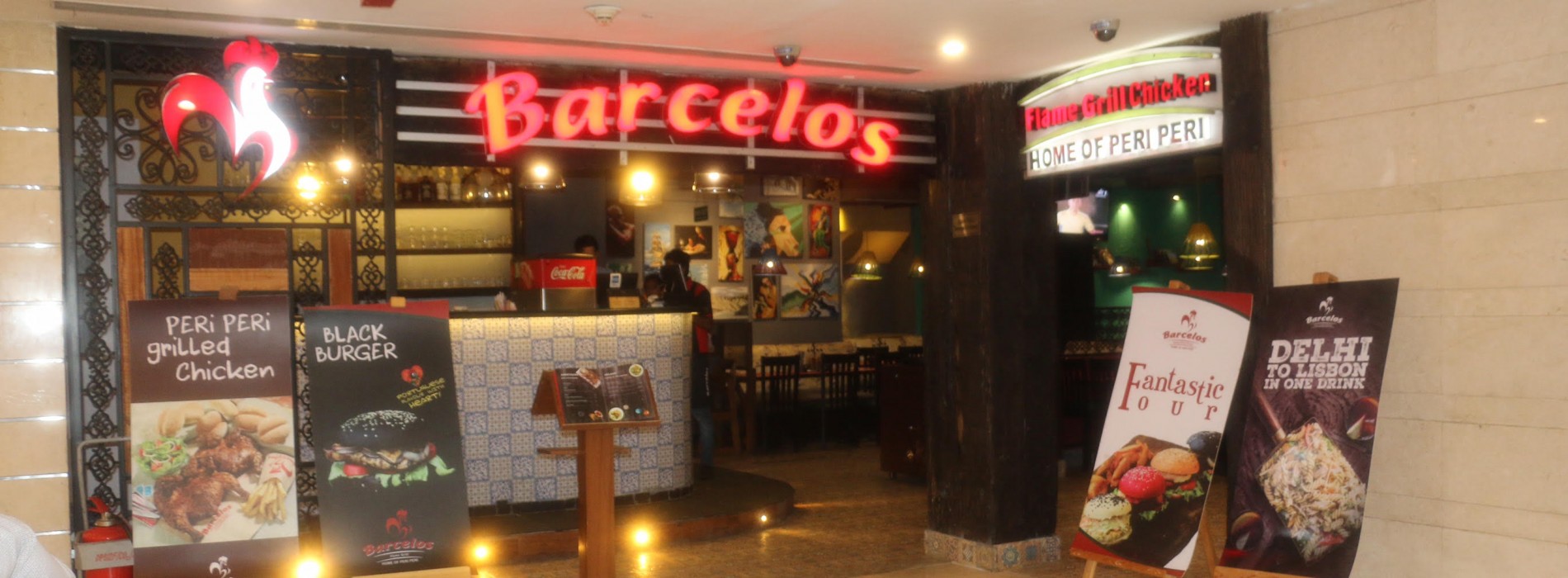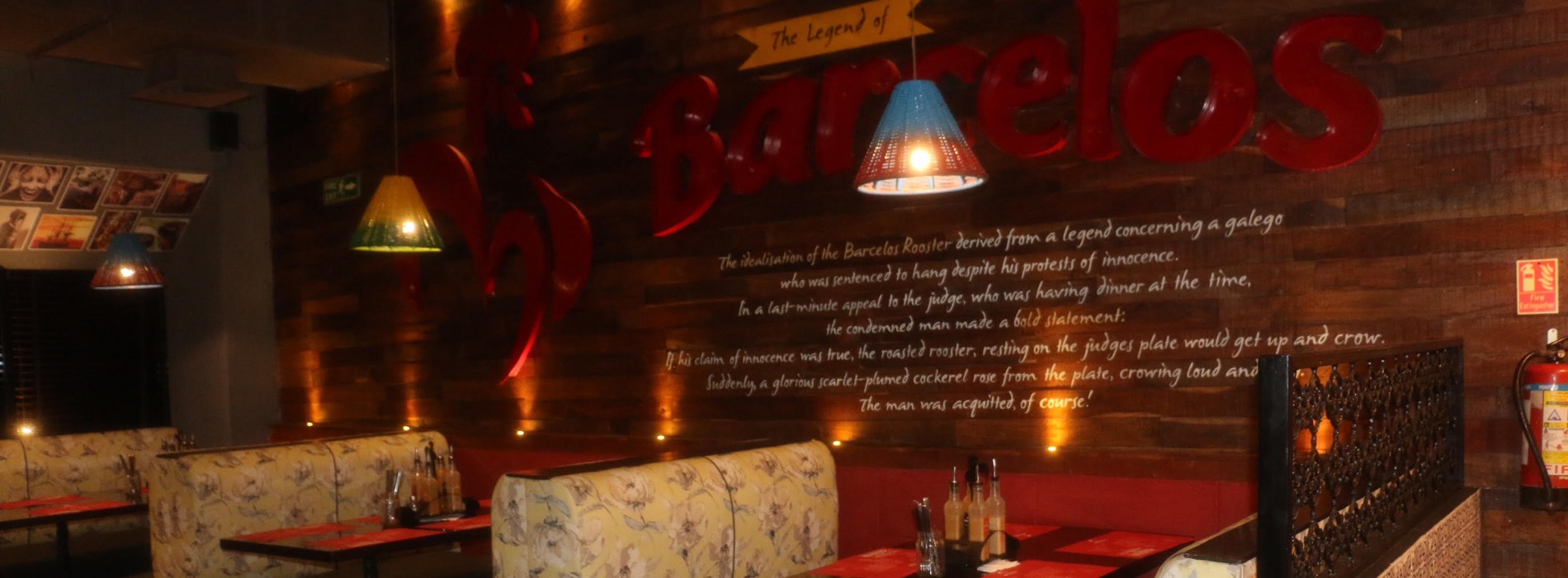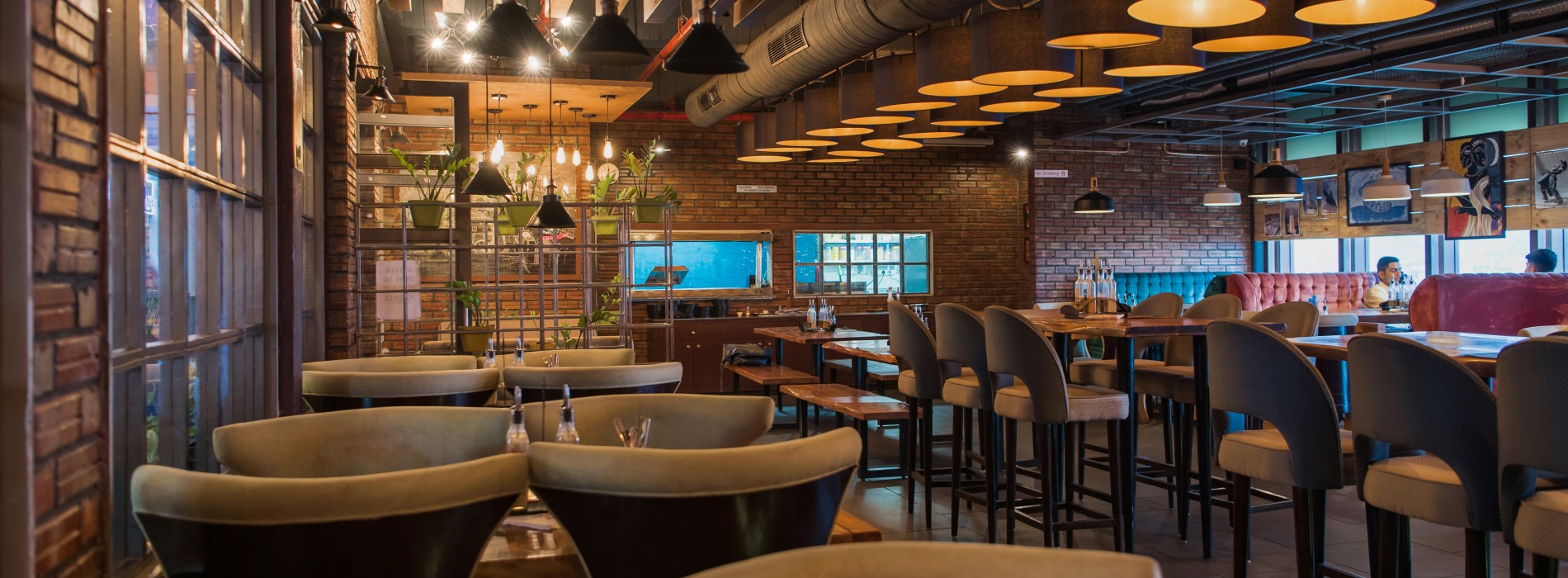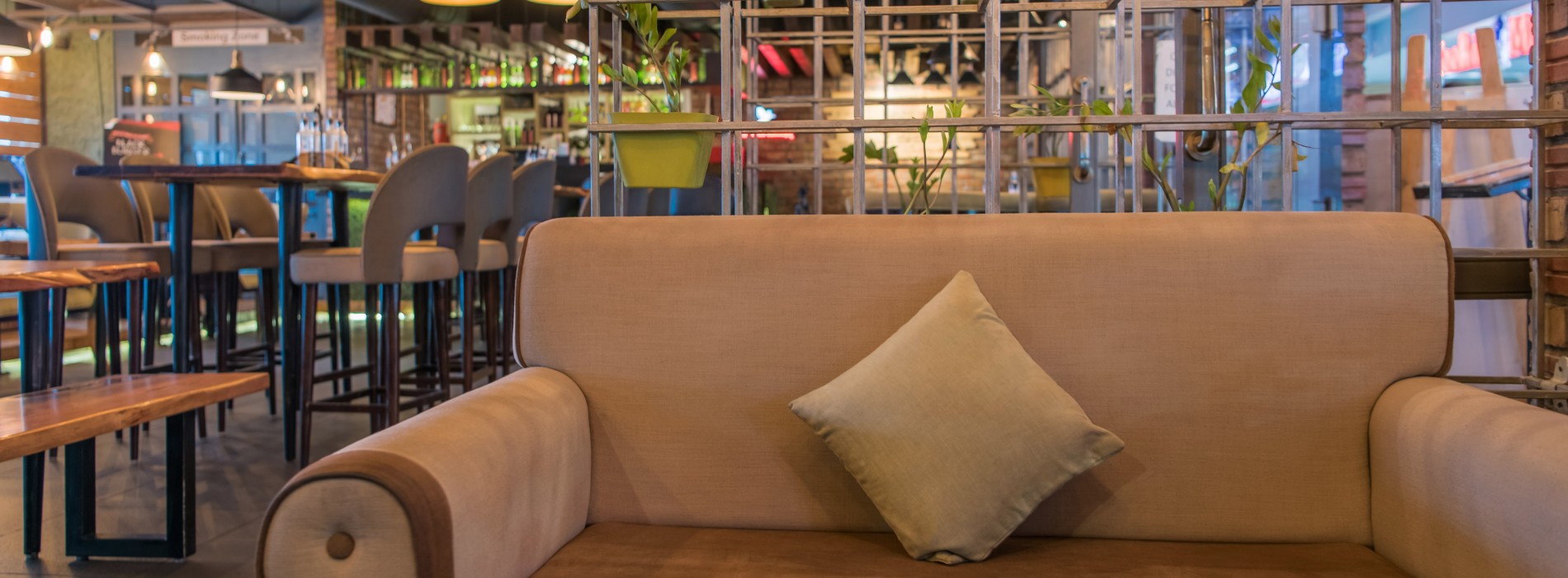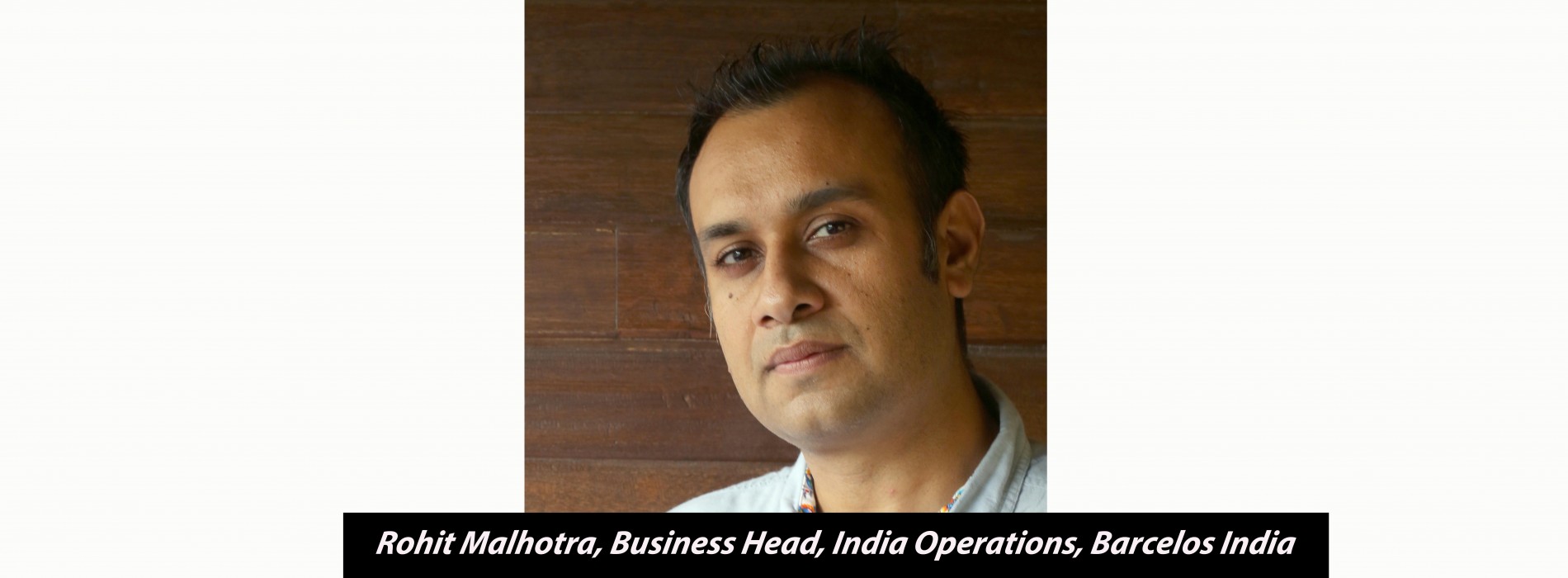Betting on youth, Barcelos aims high in Indian Market
Barcelos, a South African casual dining restaurants chain, is increasingly spreading its footprint in India, through its Indian arm Barcelos India. The company is internationally acclaimed for its flame-grilled menu with peri peri sauces. Recognizing the huge growth potential of this market, the company has set out an ambitious expansion plan for India. The chain aims to have as many as 20 operational restaurants in India by 2019. The plan is to spread beyond metros and open restaurants in tier-2 and tier-3 cities and also in upcoming tier-2 cities. The company has also planned to set up smaller outlets in food courts across the country.
At present, the company has five restaurants across India located in cities of Delhi, Gurugram, Kolkata, Jaipur and Hyderabad. Under the dynamic and visionary leadership of Rohit Malhotra, Business Head of Barcelos’ India Operations, the brand is growing apace in the country.
“We are very ambitious and positive about the Indian market as we see huge growth opportunity here for a brand like us due to the large size of the market and large youth and middle-class population,” said Malhotra. The company is all set to open its restaurants in Mumbai, Chennai and Lucknow, and also looking at opening restaurants inside 3 and 4 star hotels.
“After 2019, we will be opening 20-25 outlets every year in the country, and in the next three to four years, we will have a strong presence here. We will remain focused on young generation, and will be their favourite destination for outdoor eating,” said Malhotra. “We recently launched our new menu, and since then our sales are up by 50%. Our new menu is 45-50% vegetarian.” Malhotra added, “As an international brand, we are not here to serve local cuisines; we came here to introduce our international flavour in this dynamic market, with our focus on youths who are experimental and ready to taste the new flavours, new cuisines. We aim to offer more value for money in this price sensitive market. Our objective is to become one of the best restaurant brands in India. We want to be a household name in the country, and the preferred choice of youths.” Talking about the USP, Malhotra said, “Our USP is our exotic variety and flavour that we offer besides standing of our brand.”
As regards challenges in this market, Malhotra said, “Operating a restaurant is quite challenging in this market due to the multiplicity of regulations, higher taxes and high cost. One needs to comply with numerous rules and regulations and take licenses and clearances from multiple departments to start an outlet; that is a formidable challenge.”
Today an entrepreneur has to run from pillar to post, from one department to another, to get various licenses in order to set up and operate a restaurant, said Malhotra. He added that there is a critical need for having a single window clearance system for India’s hotel and restaurant industry. “India needs to liberalize and simplify its regulatory framework for the food and hospitality sector so that the industry can tap its full potential and India can emerge as a popular culinary destination. This will also contribute handsomely to the economy.”
The restaurant industry has been denied input tax credit that has escalated the overall cost of operating a restaurant, putting pressure its profit margins. Malhotra hopes that the government will restore input tax credit to the restaurant industry without increasing GST rates applicable to this sector. “Our industry needs encouragement and incentive from the government to grow and contribute to the Indian economy, especially to its travel and tourism sector,” said Malhotra.
According to Malhotra, unlike other markets, rentals in India are quite high. “Property rentals in malls and at high streets are quite high. Expensive rentals plus high taxes without input tax credit increases our cost, but we cannot pass our burden to consumers as India is a price-sensitive market,” said Malhotra.
As for the issues related to the GST, he said that it is more than a year since the GST came into effect, and it has now almost settled down. The demands have peaked up. The last two quarters have been better as compared to the same period last year.
“Going ahead, what will make difference for the industry is the extent of GST rates and availability of inputs credit. The lesser the actual tax rate, the more competitive the industry will be.
According to Malhotra, the government should grant Input Tax Credit to restaurants to make this industry competitive and consumer-friendly. Denial of Input Tax Credit to restaurants in the GST system has made the business of restaurants very costly, thus escalating the price.
Malhotra said that a robust and competitive restaurant industry is important for India’s travel and tourism industry and for the economic growth of the country. It is well-established fact that a large chunk of tourists travels across the world to enjoy the local cuisines, and only a vibrant and productive restaurant industry can cater to such travellers. A tax regime that is friendly to the hotel & restaurant industry will go a long way in making India a competitive destination
Steeped in rich culture, tradition and history, Barcelos is famous for its flame-grilled menu with peri peri sauces. It offers ‘best in class ‘spicy fare. The chain is credited for revolutionizing the concept of ‘burger’ in India by presenting it in different colours. Barcelos also introduced India’s first Sangria Bar.
You might also like
TAT spotlights the essence of Thainess with Thailand Tourism Festival 2016
The Tourism Authority of Thailand (TAT) in cooperation with the Bangkok Metropolitan Administration announced the launch of the 36th Thailand Tourism Festival (TTF), which will be held from 13-17 January,
Neo-bank Lunar Way launches ‘Travel Card’ allowing Danish tourists to avoid overseas spending fees
As part of their commitment to provide consumers with innovative offerings and customer-centric banking experiences, neo-bank Lunar Way, in collaboration with Global Processing Services, announced the launch of the ‘Travel Card’
2nd Chapter of Eastbound Connect Series concludes, 250+ travel & hospitality experts attend glittering event
Eastbound Group, India’s leading conglomerate offering a diversified portfolio of travel and tourism, travel- tech and event services, successfully concluded the 2nd edition of its experiential industry engagement event series

